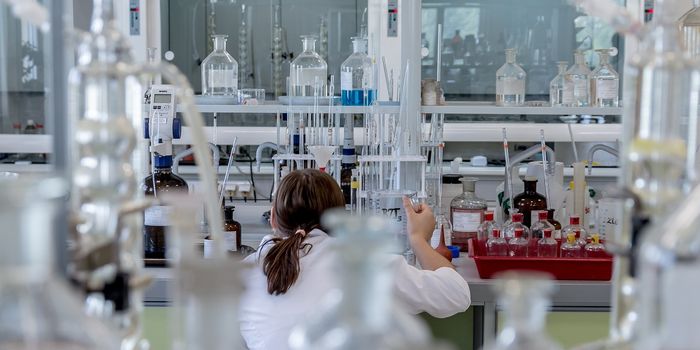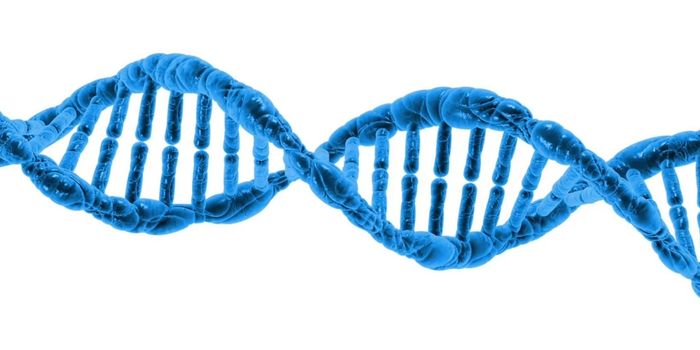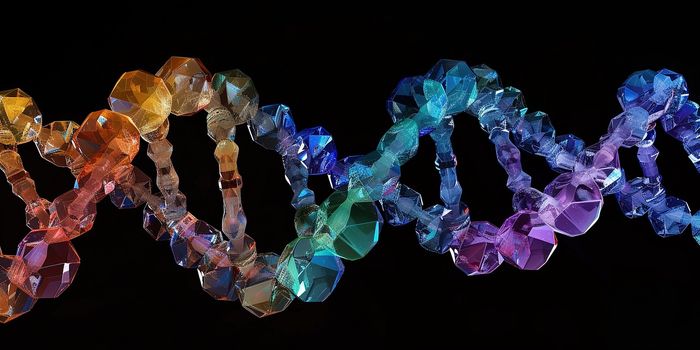Self-Destructing Cancer: Study Stops Chain Reaction of Tumor Growth
Scientists are constantly exploring new ways to halt cancer in its tracks and make it harder for it to grow, adapt and spread. A new study out of the Perelman School of Medicine at the University of Pennsylvania reveals that stopping one protein from functioning can cause some cancer cells to die from stress.
During this study, published in July in the journal Nature Cell Biology, researchers concentrated on cancers driven by a gene called MYC. MYC contributes to the growth of at least 40 percent of tumors in people. When MYC functions normally, it controls cell growth. When it is mutated in cancer, it cues a process that causes unmitigated tumor growth. Targeting MYC specifically has not yet been mastered, so scientists are focusing on other key players in the related tumor growth process.
The team, headed up by Dr. Constantinos Koumenis, Richard Chamberlain professor of Radiation Oncology and vice-chair and research division director of Radiation Oncology, is exploring the series of events that occur when MYC triggers tumor growth. In the past, they targeted an enzyme called PERK, which plays a role in the chain reaction. However, it was discovered that controlling PERK does not always slow cancer growth, because the MYC gene has another redundant path that moves the growth process forward. At a further step along the chain reaction, where these two signal pathways converge, is a protein called ATF4, which ends up being central to this exploration. The researchers found that instead of working upstream with PERK, looking downstream at stopping ATF4 was more effective.
"What we've learned is that we need to go further downstream to block tumor growth in a way that cancer cells can't easily escape, and our study identifies the target to do just that," Koumenis said. Koumenis is the study’s co-senior author with Dr. Davide Ruggero, a professor of Urology in the Helen Diller Family Comprehensive Cancer Center at the University of California.
ATF4 turns on the genes MYC needs to grow and controls the rate of some of the protein production in cells. When researchers blocked ATF4 in cell lines and mice, tumors built up too many proteins and died of stress. This process stopped the growth of tumors in mice with both colorectal cancer and lymphomas. The researchers also found tumors in humans driven by MYC display over-expression of ATF4 and its protein partners, “which is further evidence that these findings may point to an approach that could work for humans,” Penn Medicine News explains. It states the researchers may have effectively found MYC's "Achilles’ Heel" and a way to make cancer self-destruct.
"This shows us the potential impacts of targeting ATF4 in MYC-dependent tumors, something we're already studying. We're also working to confirm this approach will not cause any serious off-target effects," lead author Dr Feven Tameire, said. Ongoing research will also look into how ATF4 works and other potential targets in the cancer’s chain reaction.
Sources:










